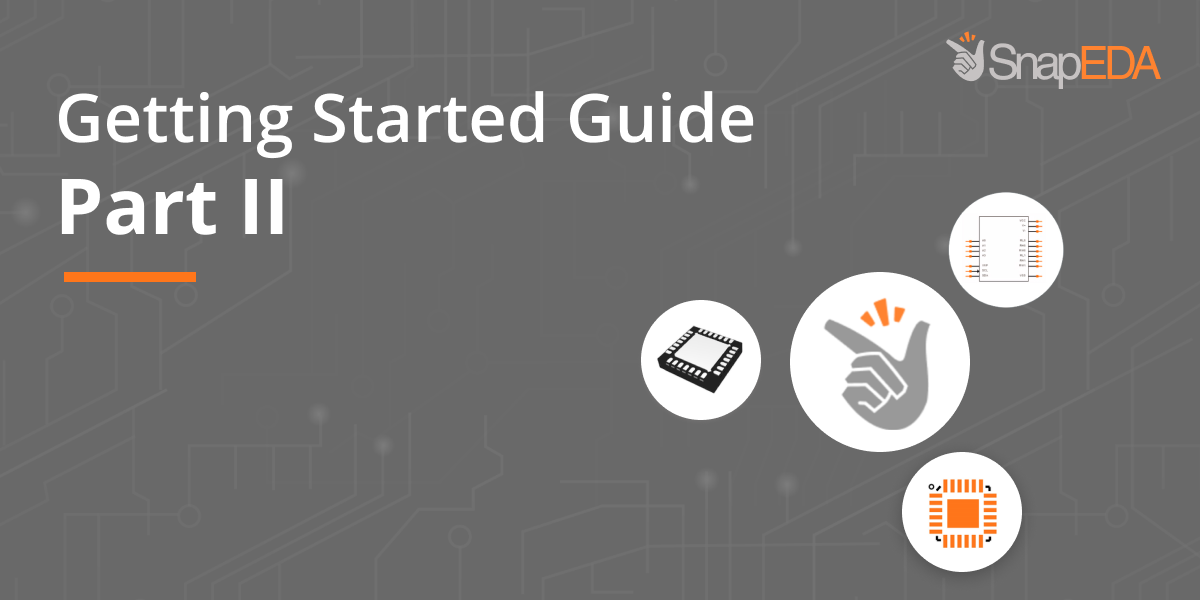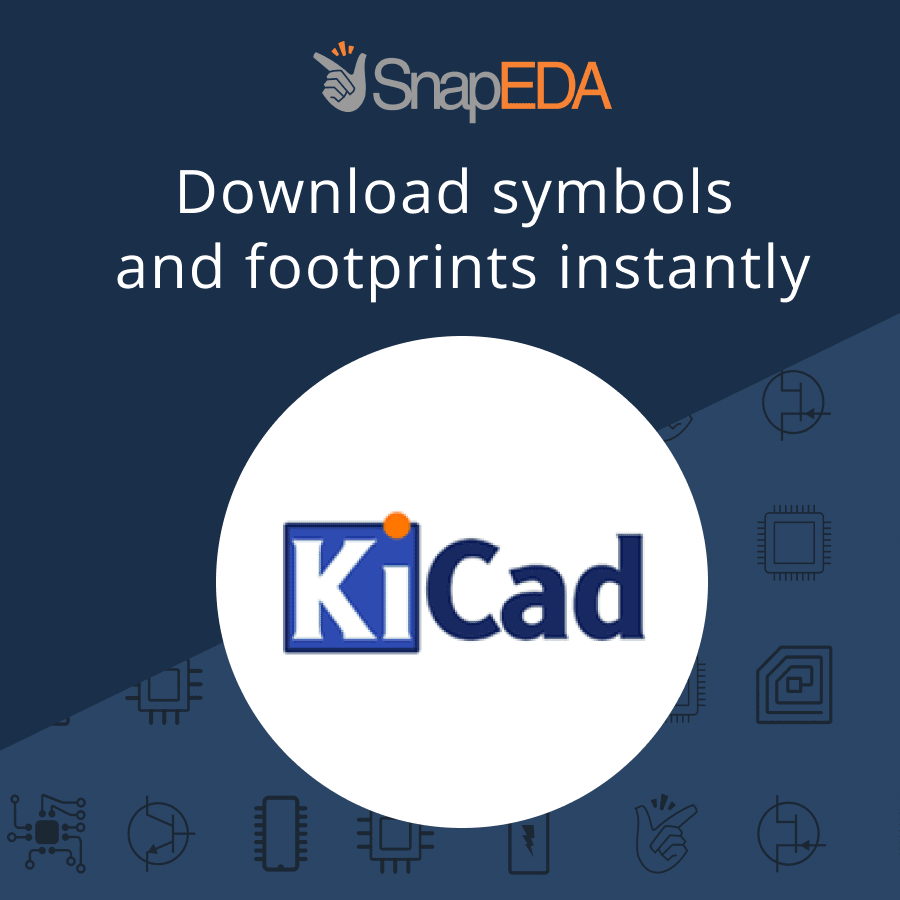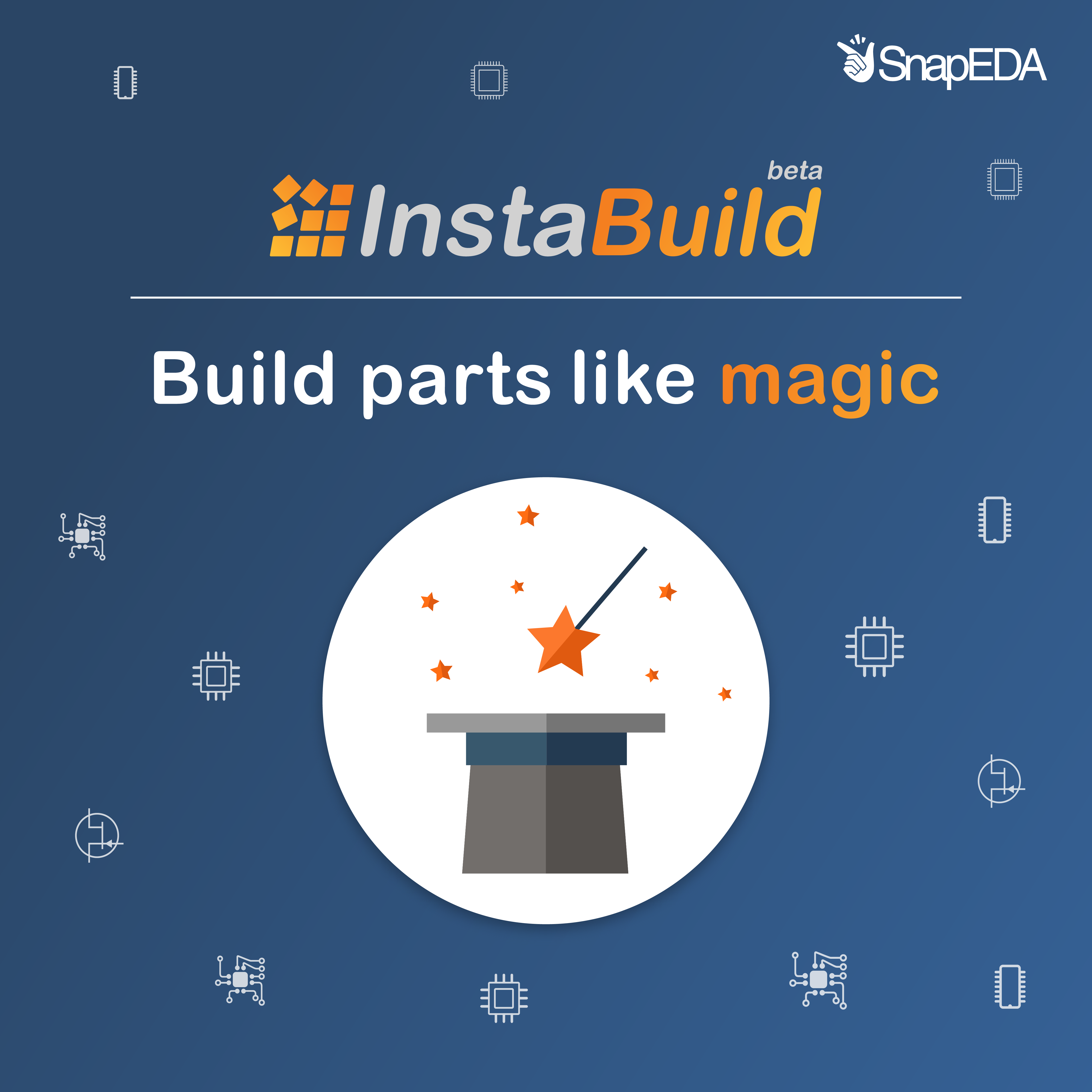In the second part our Getting Started guide, we’ll be showing you to how to use SnapEDA to speed up symbol & footprint creation when the exact part you need doesn’t yet exist in our library.
-

SnapEDA updates KiCad footprint support!
Read moreAfter countless requests from the KiCad community, we are pleased to announce that SnapEDA is now supporting the latest KiCad footprint format! This is great news for KiCad users because this format, introduced in KiCad Version 4, brought many improvements that benefit our community starting today! These improvements include native-software support of slotted holes (oval…
-
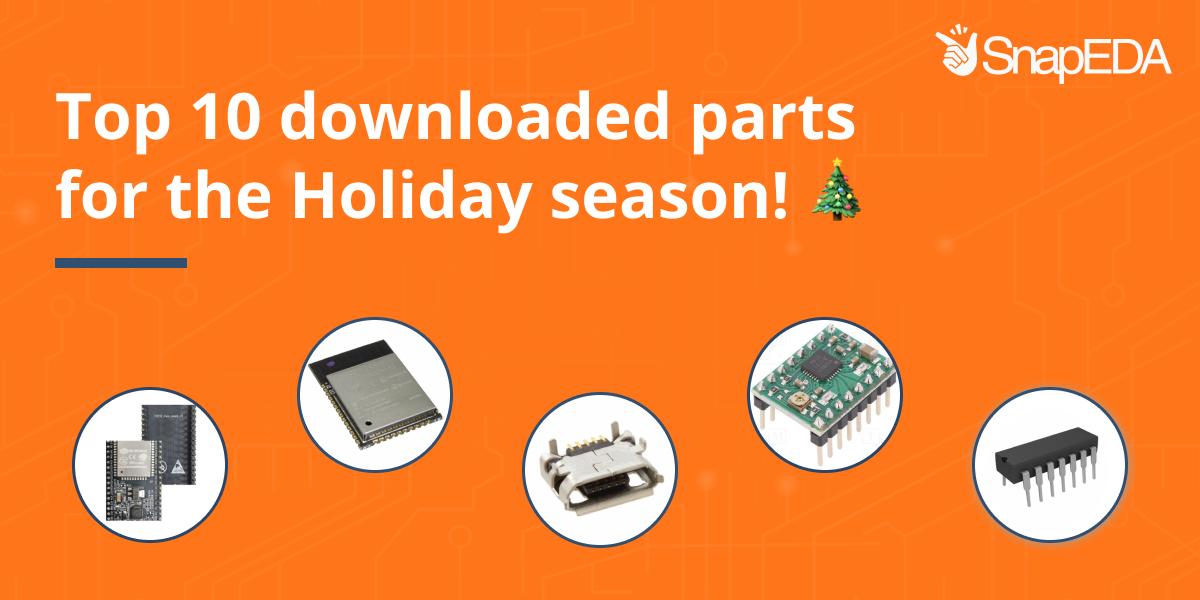
Top 10 downloaded parts this holiday season!
Read moreAt SnapEDA, our team of component engineers is constantly adding new parts to our library to help our community design electronics faster. Here are some of the most popular parts we added this holiday season, that you can start designing with right away! All the parts come complete with symbols and footprints for instant design-in.…
-
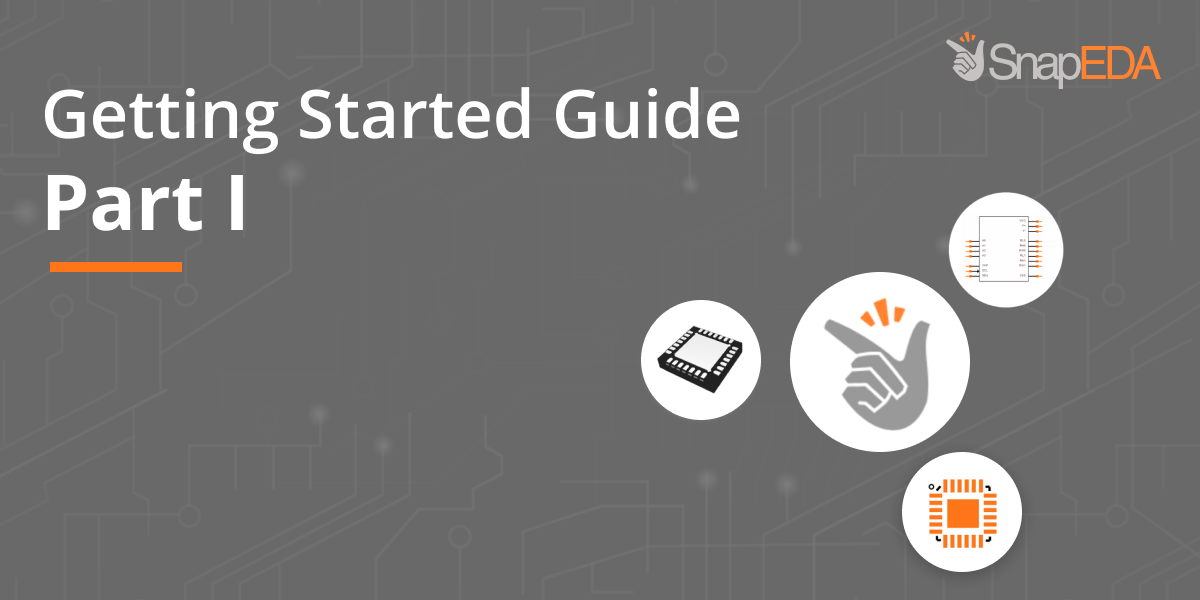
Getting started with SnapEDA Part I: Introduction
Read moreWe started SnapEDA with a simple mission: to help engineers innovate faster by removing barriers. We believe in a world where engineers have the building blocks they need at their fingertips so they can spend their time designing – and making the greatest impact with their work. Starting out, one of the biggest pain points…
-

Over 20,000 new power supply products from RECOM now on SnapEDA!
Read moreWe are excited to announce that we have collaborated with RECOM Power to launch their entire product catalog of over 20,000 parts on SnapEDA. You can now access a large selection of DC/DC converters and AC/DC power supplies, LED drivers, and switching regulators from RECOM Power, which come complete with symbols, footprints and 3D models.…
-

Why open hardware needs open software – and more from Wayne Stambaugh of KiCad
Read moreWayne: I think there are two primary motivators that drive open source software development. One is dissatisfaction with existing software and the other is giving back to the community. I used open-source software both personally and at work for quite a few years before I found a project that was a good fit so that I…
-

The Top 10 Operational Amplifiers on SnapEDA
Read moreThe operational amplifier – or “op amp” for short – is a common building block in analog electronics. Whether you’re a professional electronics designer or just getting started, it is likely you’ve used an op amp in your designs. Invented in 1941 by Karl D. Swartzel Jr. of Bell Labs, the op amp was originally…
-
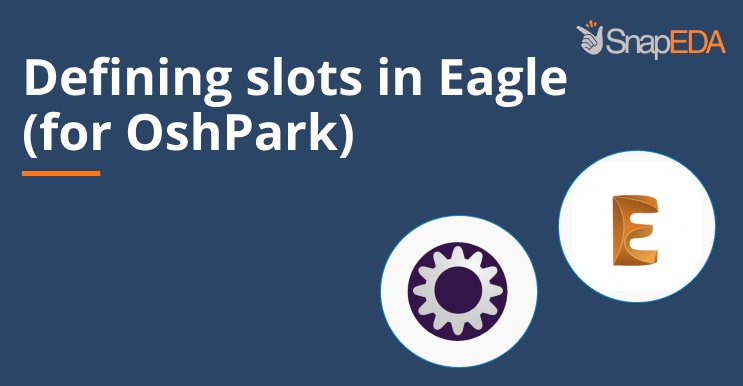
How to define cutouts and slotted holes in Eagle (for OshPark users)
Read moreAlthough it’s one of the most popular PCB design tools, Eagle doesn’t have a native way of defining plated slots. Luckily, there are methods of getting fully supported slots in Eagle! SnapEDA follows Eagle’s official method when defining slotted holes. This method is ideal for 2 layer boards. Please note though that if your board has…
-

How Bluetooth got its name, an interview with Jim Kardach
Read moreToday, Bluetooth is the primary driver of wireless connectivity between electronic devices. But like most new technologies, there were plenty of challenges throughout its development and commercialization. We spoke to Jim Kardach, the founding chairman of the Bluetooth Special Interest Group (SIG), which created the technology, to understand why it succeeded where so many similar…
-
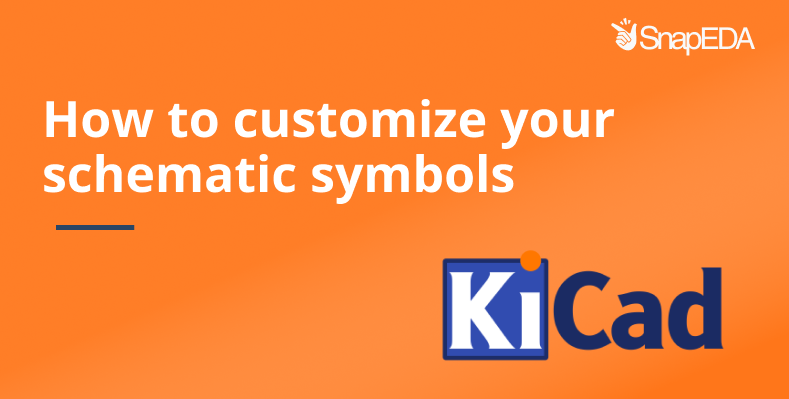
How to customize your schematic symbols for KiCad
Read moreThe SnapEDA team is thrilled to announce a new way for KiCad users to customize their schematic symbols! Traditionally, SnapEDA offered one style of schematic symbols for KiCad which overlapped functionally identical symbols pins, despite them having different footprint pins. We initially chose this approach due to early feedback from KiCad users who said it made…

